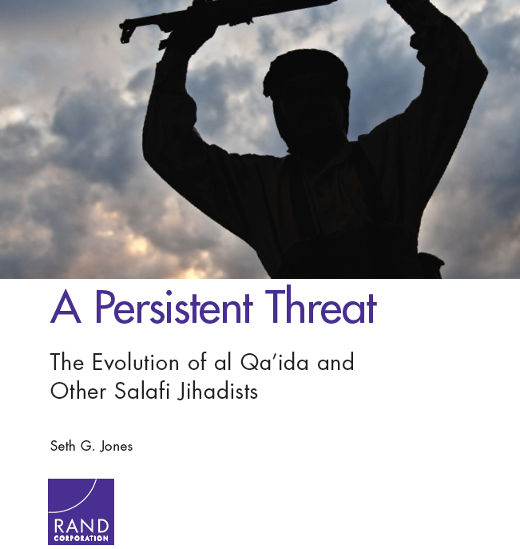The Ebola disease and bioterrorism are both serious topics. Ebola is wrecking havoc and Liberia, Sierra Leone and other West African nations with cases now being reported across the world as people travel in and out of the affected areas. Bioterrorism threats from terrorist groups is not considered to be very high on the probability scale due to the sophisticated planning and technology that may be needed but it is a very scary scenario. The consistent (initial slow) spread of Ebola and the breakdown of global medical organizations (WHO) to take necessary actions early on to stem this disease, has lead to a lot of speculation and rumors about Ebola. A scary thought for the most rational of people, and easy fodder for those that do not trust the alleged (government) perpetrators.

Ebola conspiracy theories and rumors abound, including those of bioterrorism
“Another conspiracy theory, which is doing the rounds in the United States, is that the whole Ebola scare is a CDC cover-up over its MMR vaccine, which causes autism…
Spreading the seeds of mistrust, Daily Observer, a major Liberian newspaper, carried an article by a Liberian born faculty member of a US university, implying that the Ebola epidemic is the result of bioterrorism experiments, conducted by the United States Department of Defense.”



